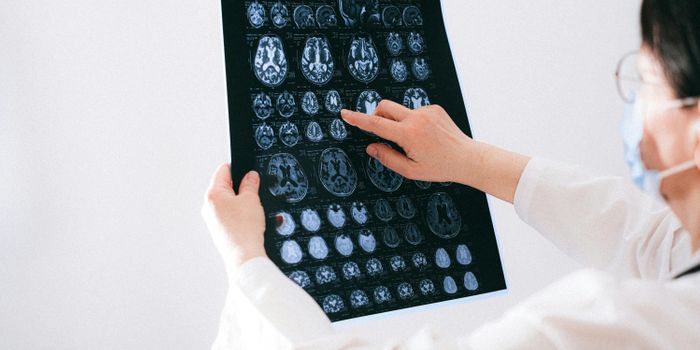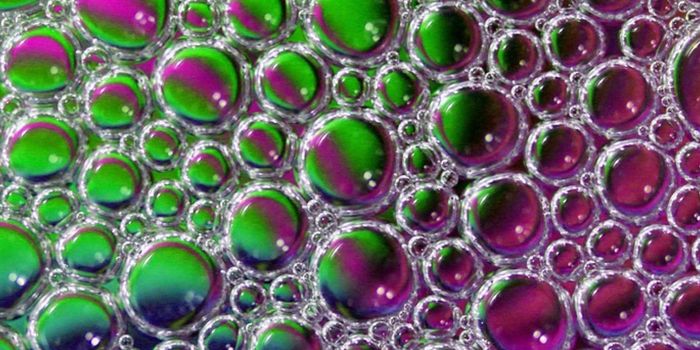Light to Moderate Drinking May Prevent Cognitive Decline in Older Adults
A study from the University of Georgia has found that light to moderate drinking may preserve brain function in older age.
For the study, the researchers examined survey results form 19,887 people in the US, including details on their alcohol consumption at least three times in two year intervals between 1996 and 2008. They defined light to moderate drinking as fewer than eight drinks per week for women and 15 drinks or less per week for men.
The mean age of the participants was 61.2 years. Women made up the majority of people surveyed at 60.1% of all particpants. Meanwhile, 85.2% of the participants were white.
Over the 12-year period, participants had their cognitive function measured via a series of tests looking at their overall mental state, their ability to recall words, and vocabulary. Their results were then combined to create an overall score. The researchers categorized these results into high or low-performance trajectories to signify whether cognitive funcion remained high or began to decline.
In comparison to nondrinkers, the researchers found that those who had an average of one or two drinks per day tended to score better on cognitive tests over time. The pattern remained even after they accounted for factors such as age, smoking and level of education.
The researchers also found that the association between drinking and better cognitive function was more notable among white participants than those of African descent.
“It is hard to say this effect is causal,” he said. “So, if some people don’t drink alcoholic beverages, this study does not encourage them to drink to prevent cognitive function decline.”
As for now, further research is needed to examine the mechanisms underlying alcohol consumption and cognition in middle-aged and older adults.
Sources: Neuroscience News, Science Daily









